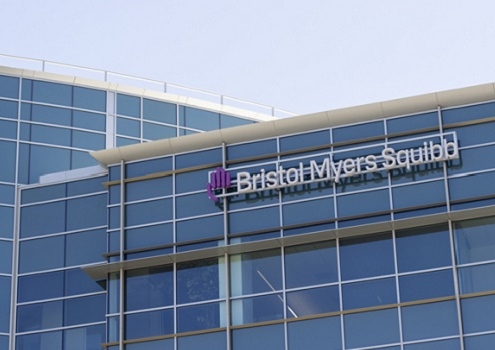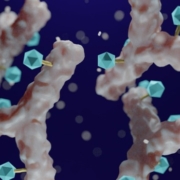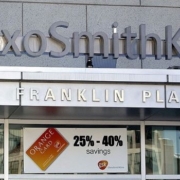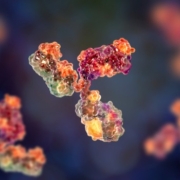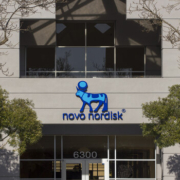ASCO: BMS’ Opdivo challenges Seagen’s Adcetris with Phase III win
ASCO: BMS’ Opdivo challenges Seagen’s Adcetris with Phase III win
Published: Jun 05, 2023
By Tristan Manalac
BioSpace
Results from the Phase III SWOG S1826 study demonstrated that Bristol Myers Squibb’s immune checkpoint inhibitor Opdivo (nivolumab) could be a better treatment option for patients with advanced, untreated Hodgkin’s lymphoma than Seagen’s Adcetris (brentuximab vedotinb).
These data, presented Sunday at the 2023 American Society of Clinical Oncology (ASCO) annual meeting, show that after a median follow-up of 12.1 months, Opdivo reduced the risk of disease-related death by 52% as compared with Adcetris.
Moreover, patients treated with Opdivo saw a 94% progression-free survival rate after one year, as opposed to 86% in the Adcetris arm.
SWOG S1826 is a randomized collaborative study that enrolled nearly 1,000 pediatric and adult patients with stage III or IV Hodgkin’s lymphoma who had not undergone previous lines of therapy. Participants were given either Opdivo or Adcetris, both of which were combined with background chemotherapy.
“Traditionally, adults and children with advanced Hodgkin lymphoma in the U.S. have been treated with different chemotherapy regimens,” Alex Francisco Herrera, a hematologist-oncologist at City of Hope and the study’s lead author, said in a statement, adding that while pediatric patients commonly undergo radiation treatment, adult patients do not.
In designing SWOG S1826, adult and pediatric collaborative groups had the “goal of harmonizing the treatment” of Hodgkin’s lymphoma across all ages, Herrera said, as well as potentially identifying a new standard of care that is not only more effective but also safer, leading to better patient outcomes.
Aside from efficacy, SWOG S1826 also compared Opdivo and Adcetris in terms of safety and found that BMS’ checkpoint inhibitor was likewise superior and was associated with four deaths, of which three were attributed to adverse events. Meanwhile, there were 11 deaths in the Adcetris arm, seven of which were due to toxicities.
These results might help position Opdivo as “a new standard of care that is better tolerated and results in a higher proportion of patients with durable remissions,” Oreofe Odejide, a hematologic oncologist at the Dana-Farber Cancer Institute, said in a statement.
Adcetris is an antibody-drug conjugate that works by binding to the CD30 surface protein to precisely deliver its cancer-killing payload, the drug monomethyl auristatin E. Seagen first won the FDA’s approval for Adcetris in August 2011 for Hodgkin’s lymphoma, for which it is the standard first-line treatment option, and for systemic anaplastic large cell lymphoma.
Shortly after, the FDA put a black box warning on the cancer treatment, warning patients and prescribers against the risk of progressive multifocal leukoencephalopathy, which could lead to death if left unchecked. The data presented at ASCO do not make clear how many of the deaths in the trial were due to this cause.
Meanwhile, BMS’ Opdivo won its first FDA approval in December 2014 for the treatment of advanced melanoma. In May 2016, the checkpoint inhibitor was also greenlit for classical Hodgkin’s lymphoma in patients who had relapsed or progressed after hematopoietic stem cell transplantation and treatment with Adcetris or at least three lines of therapy.
Opdivo is currently not approved as a frontline option for Hodgkin’s lymphoma.
Source: BioSpace

